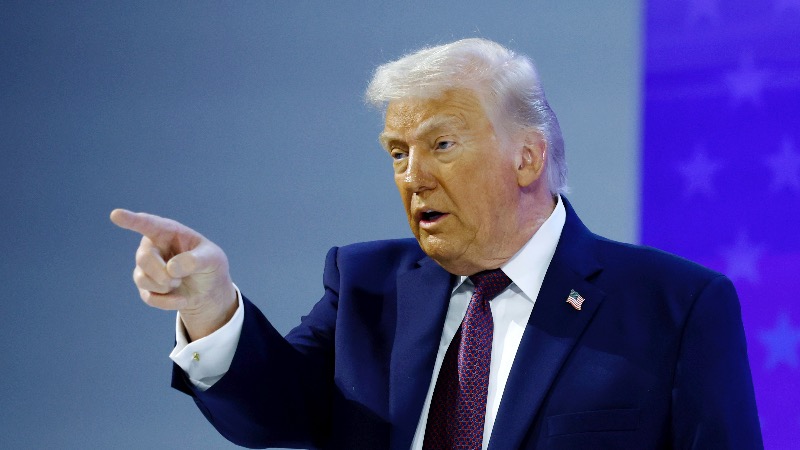
“It could be a hand scanner, face scanner, whatever. And then you are authorized.”
When it comes to privacy and overall security of some of people’s most sensitive (financial, but also, “behavioral”) biometric data, massive global banks and payment processors, and burgeoning biometric surveillance was always going to be that perfect “match made in hell.”
And that reality is gradually taking shape. Not only is biometric tech and its ubiquitousness increasing (still in most countries without proper legal protections or proper “disclosure” of how and why it is being) – but behemoths like Mastercard and Visa are realizing they have access to massive amounts of highly monetizable people’s data.
The nature of the personal information that the likes of Mastercard get with every transaction you make is not only the number but also the location, the content of a purchase… and then behavioral patterns start emerging. But it doesn’t stop there.
Meanwhile, the goal (often, but not always) openly talked about is the lucrative business of “sharing” that data for targeted advertising.
But in a possible future Orwellian society – it really would be very useful to the surveillance state in so many different ways.
That clearly is not how the trend is going to be sold to the customer when financial execs speak about it.
Most people might expect this to be happening online, but Mastercard is very hungry for “biometric behavioral data” (the very phrase sounds almost as frightening as the thing is – and it is described by Mastercard itself in this way: “Track(ing) personal actions such as typing style and how you hold your phone, as well as habits such as the time of day you usually login or your usual IP address”).
And the giant is obviously comfortable to talk about biometrics getting expanded to “a number” of brick-and-mortars and their in-store payment systems this year.
“(…) From the consumer point of view, there’s no card, there’s no phone needed at all (at physical checkouts). You just present yourself at a monitor device.”
That’s right – “just yourself” – nothing more, folk. /s.
And that’s how a podcast host recently described the “experience” to Mastercard Executive President of Identity Products and Innovation Dennis Gamiello to confirm. “It could be a hand scanner, face scanner, whatever. And then you are authorized,” the host went on, and Gamiello fully agreed that’s how it’s going to work.
Mastercard’s executives are saying that people’s behavioral biometrics will be used – but of course – simply to enhance their “experience” and, the perceived convenience.
“We’re actively working with partners around the globe to move to more seamless and secure authentication methods. That’s both the physical biometric, which is what we’re talking about here, as well as behind the scenes. There’s behavioral biometrics,” says a post on Mastercard’s site.
More than that – there is a vision of a future where digital ID will take over to verify payments, and link those with incentives such as reward programs.
BREAKING: Documents Show Government Knew COVID Shot Takes Over The Human Body




